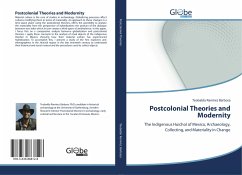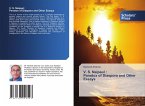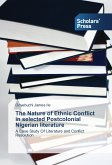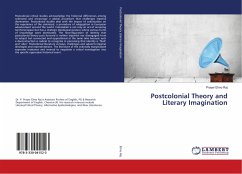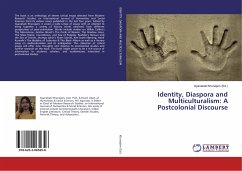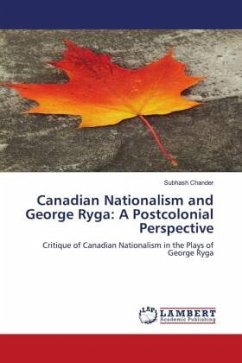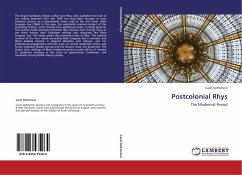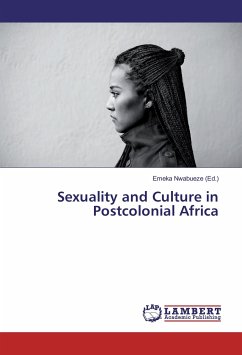Material culture is the core of studies in archaeology. Globalizing processes affect cultures modifying them in terms of materiality. An approach to these changes in a time-space plane using the postcolonial theories, offers the possibility to analyze the materiality from the perspective of hybridization; the product of the dialogue between two sides which in turn creates a third space of ambivalence. In this paper, I focus first on a comparative analysis between globalization and postcolonial theories. I apply these concepts to the analysis of ritual objects of the indigenous Huichol in Mexico showing how their material culture has experienced hybridization. To accomplish this, I present a study of the first explorers and ethnographers in the Huichol region in the late twentieth century to understand their historical and social context and the procedures used to collect objects.
Bitte wählen Sie Ihr Anliegen aus.
Rechnungen
Retourenschein anfordern
Bestellstatus
Storno

